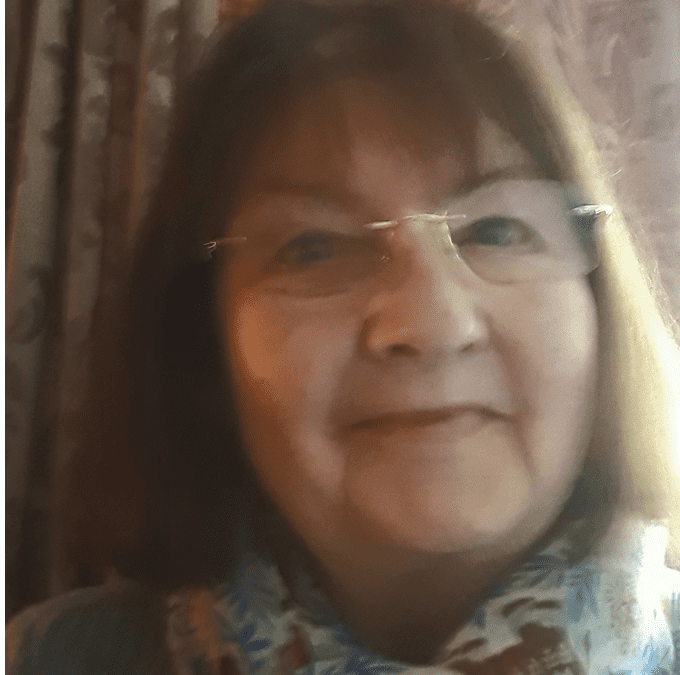One of the key messages of the Cancer SMART initiative, that we are currently delivering with West Yorkshire and Harrogate Cancer Alliance, is to be aware of unusual and persistent changes to your body, and contact your GP if you are concerned.
Kate Bartholomew, a retired peripatetic tutor from Leeds, says she wants to reinforce that message to anyone reading her story, although her experience was not straightforward.
In late 2016, Kate started noticing pains all over her torso. Her GP offered various tests including a blood test and a MRI, but no causes could be found. Kate tried to carry on for the next few months, but the waves of pain meant she wasn’t safe to drive in her role as a tutor teaching Maths, English and IT to people in apprenticeships. She returned to her GP who, still unable to determine a cause, booked her a CT scan for the following week.
The GP also suggested that, should the pain become unmanageable in the meantime, she should admit herself to Accident and Emergency. Over the weekend, Kate found herself doing just that, and by late Sunday night she was having emergency keyhole surgery for a rare bowel cancer at St James’ Hospital, Leeds. It was a carcinoma of the caecum which was sporadic DNA mismatch repair deficient and it had eaten through the bowel wall.
Kate recalls: “It was scary. I was in hospital for nearly three weeks and they discovered it was a type of bowel cancer that does not show up in blood tests.”
During that time, she had various scans, although her recollections are hazy.
“Unfortunately, or fortunately, depending upon your point of view, one scan revealed another small tumour in my right breast, so for my birthday in May, I had a lumpectomy. The tumour was caused by a different cancer, which was aggressive.”
Kate’s treatment has also included a further operation, one round of chemotherapy, which was unsuccessful, and three rounds of radiotherapy, which concluded in July 2020.
By now she had retired early and she spent much of last year shielding: she missed the company of friends and family very much, and still does.
Despite all of her experiences, Kate has remained upbeat and positive. She has spent time on Zoom calls and has enjoyed taking part in patient and public involvement with researchers.
As many of her initial appointments were without a companion, she asked for permission to record the conversation on a mobile phone, and play it later to her brother, a retired GP, for clarification. She highly recommends recording because it is very easy to forget what has been said.
When asked what message she wanted to pass onto readers, Kate said she wanted people to be body aware.
“If you have an unusual pain, get it checked out. Keep pestering your GP.”

